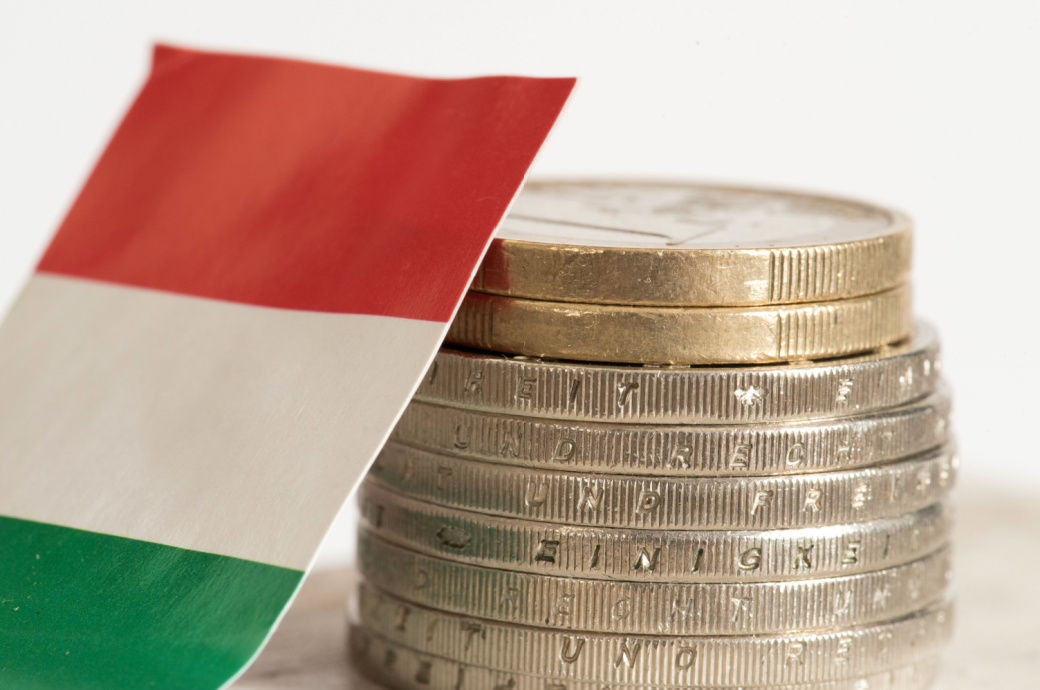
Household spending remained weak, as inflation was still high. Capital accumulation continued.
In the early months of the year, growth in Italian exports remained positive, the current account balance returned to positive territory and employment continued to rise.
The fall in inflation is driven by the energy component, while core inflation remains high.
Inflation went down on average in Q1 2023 (to 8.2 per cent in March) but core inflation rose, continuing to be affected by the pass-through to final prices of the higher costs linked to the energy shocks.
Wage growth remained moderate; firms' profit margins increased slightly, the central bank said in a release.
Bank lending fell markedly; and financial conditions are affected by tensions in global markets.
The rise in policy rates continues to pass through to the cost of credit. Bank loans contracted between November and February, particularly those to firms, owing to weaker demand and tighter credit standards.
Financial market conditions have deteriorated in Italy too since mid-January. In March, the difficulties of some banks in the United States and Switzerland led to downward pressures on equity prices, above all in the financial sector.
Euro-area banks, including Italian ones, are in a far better position than was observed during crises in the past, thanks to high capitalisation, abundant liquidity and profitability recovering strongly.
ALCHEMPro News Desk (DS)
Receive daily prices and market insights straight to your inbox. Subscribe to AlchemPro Weekly!